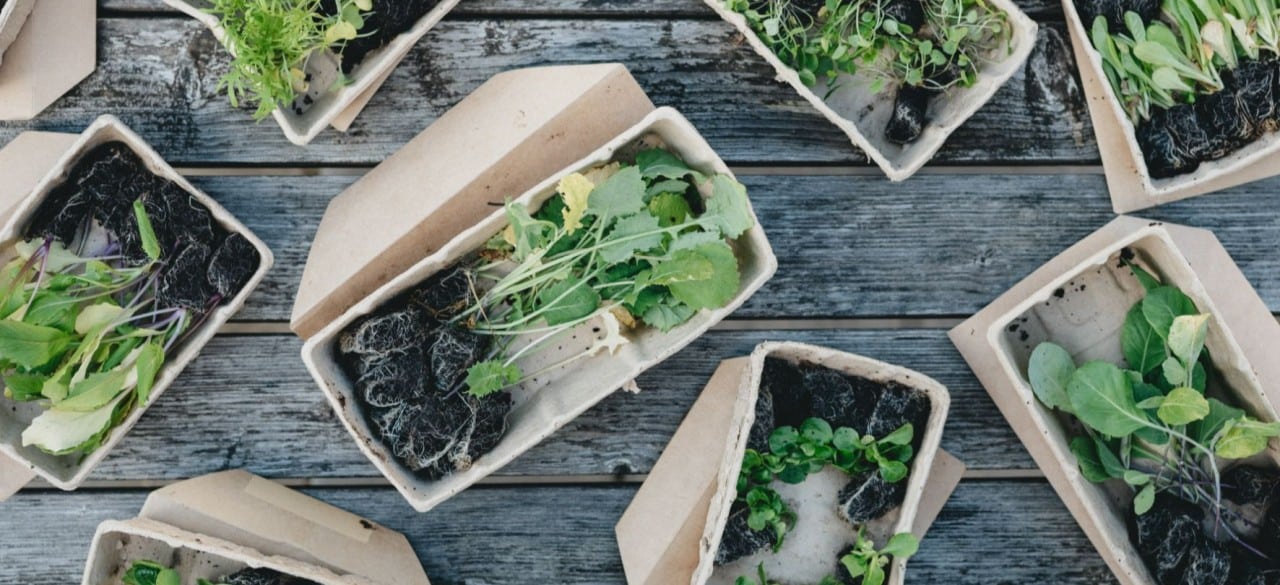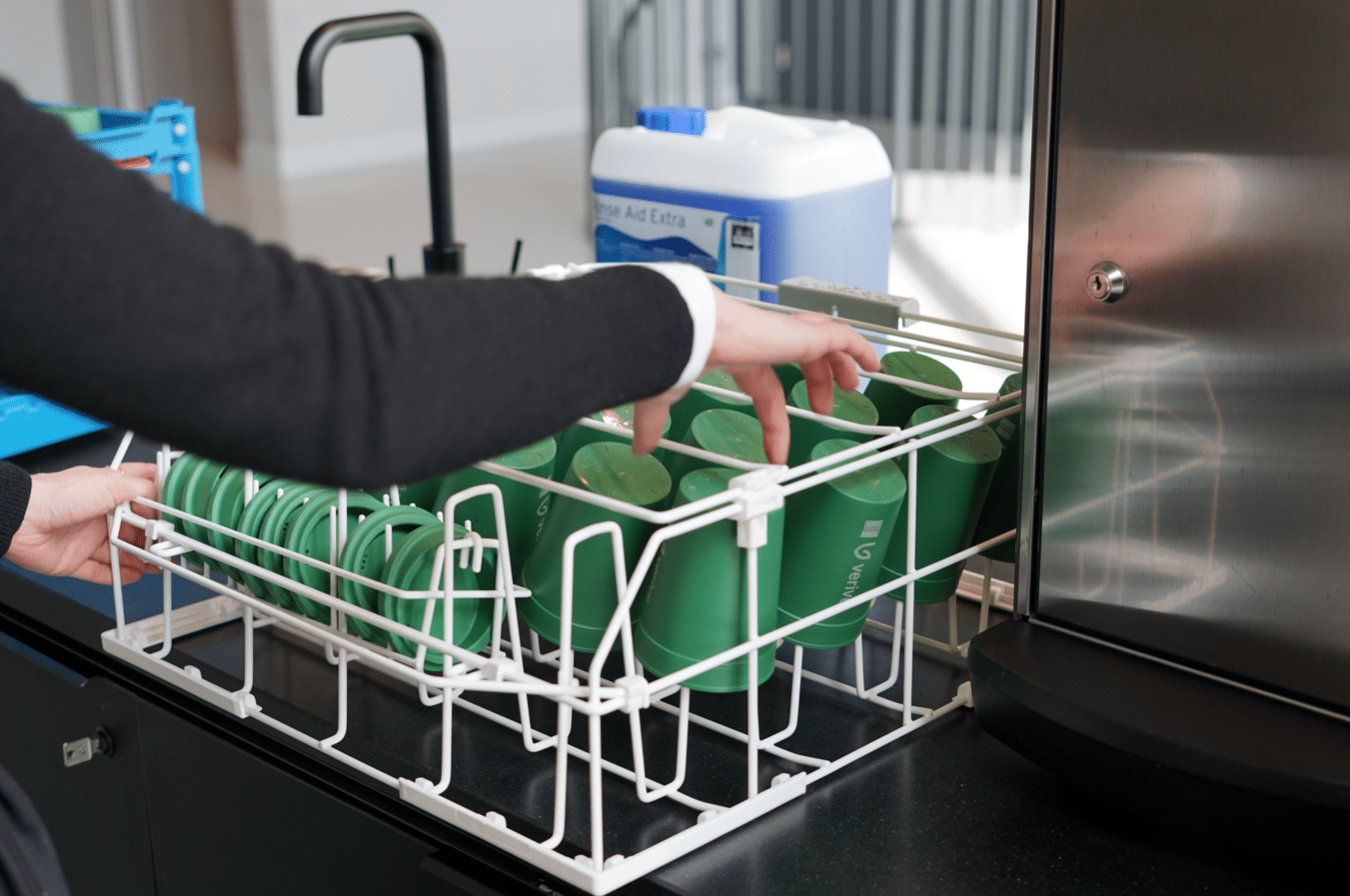About this article
Many brands claim their products are ‘biodegradable’ – but what does that really mean? Here’s why it may not be the one-size fits-all solution we are told it is, and the information we share instead.
The term ‘biodegradable’ has built a positive reputation for itself over recent years. With landfills overflowing, people have looked to products that promise to break down over time rather than live forever. But in a world where greenwashing happens all too easily, being ‘biodegradable’ isn’t the solution we might assume it to be. In this article we explain exactly biodegradable means and why we choose not to use this term.
The real meaning of ‘biodegradable’
Simply put, ‘biodegradable’ means that a product is capable of being broken down over time by bacteria or other living organisms. What it doesn’t tell us is how long this will take, what it will break down into, or the conditions it needs to decompose. Some, for example, require high temperatures, which can’t be reached in the soil or ocean. And while some materials break down into harmless water, carbon dioxide and biomass, others leave toxic residues behind.
This means there is huge variety in the types of materials that can be labelled ‘biodegradable’, and their impact – and there is no one-size-fits-all way to dispose of them.

Compostable materials
When a material meets more specific requirements – namely, it can break down within a maximum period of time and leave no harmful residues behind – then it can be labelled ‘compostable’. All compostable materials are therefore a type of biodegradable material – but not all biodegradable materials are compostable.
Even when a material meets the standards for compostability, correct disposal is critical. Many compostable materials won’t break down in a home composting heap, instead requiring extra heat, water, oxygen and micro-organisms in an industrial facility. Some compostable materials can contaminate plastic recycling streams, so careful consideration of the available waste infrastructure will make the difference between a product being sustainable or environmentally detrimental.
All compostable materials are a type of biodegradable material – but not all biodegradable materials are compostable.
No “biodegradable stamp” on any of our products
At Verive, we thoroughly research all our products, so we can share detailed information about exactly what a material is made of and how it should be disposed of. You won’t find the term ‘biodegradable’ on any of our products, but instead a clear indication of whether a product is ‘compostable’ including information about how it should be composted. We are here to guide you on the most sustainable option for you – based on how your packaging products will be used, and on the waste infrastructure you have in place. Find out which packaging is right for your business here.
We will help you choose the right packaging
There is no ‘one right answer’ when it comes to sustainable options for food packaging, only the best solution for your organisation’s needs and facilities. We are here to help you find it, without being misled by industry greenwashing. Get in touch with one of our sustainability experts today.










